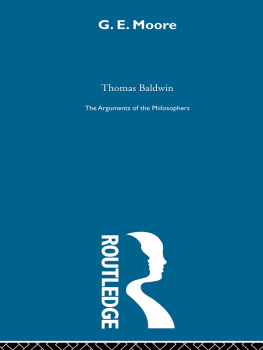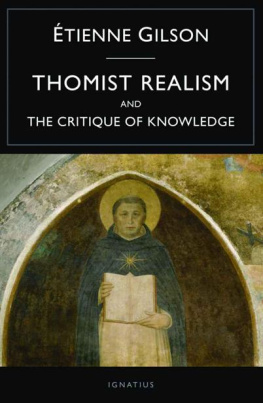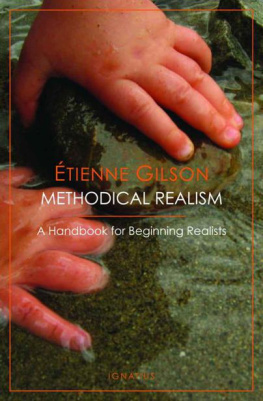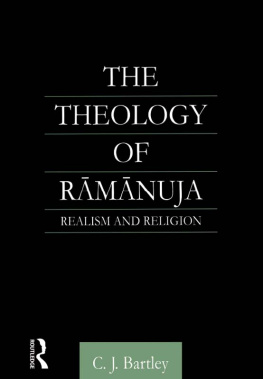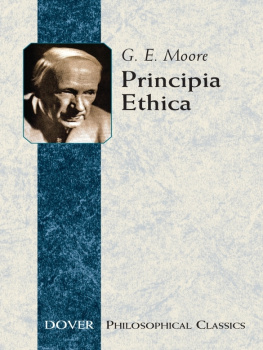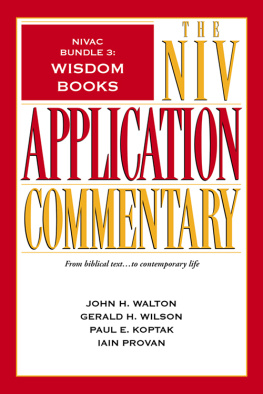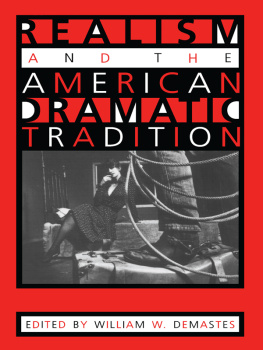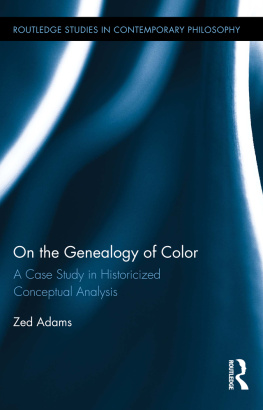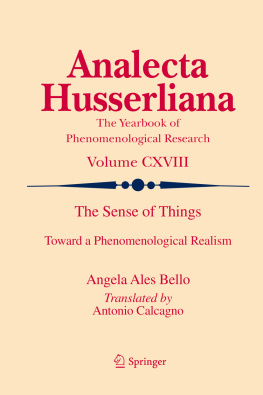G.E.MOORE
The Arguments of the Philosophers
EDITOR: TED HONDERICH
The purpose of this series is to provide a contemporary assessment and history of the entire course of philosophical thought. Each book constitutes a detailed, critical introduction to the work of a philosopher of major influence and significance.
Plato J.C.B.Gosling
Augustine Christopher Kirwan
The Presocratic Philosophers Jonathan Barnes
Plotinus Lloyd P.Gerson
The Sceptics R.J.Hankinson
Socrates Gerasimos Xenophon Santas
Berkeley George Pitcher
Descartes Margaret Dauler Wilson
Hobbes Tom Sorell
Locke Michael Ayers
Spinoza R.J.Delahunty
Bentham Ross Harrison
Hume Barry Stroud
Butler Terence Penelhum
John Stuart Mill John Skorupski
Thomas Reid Keith Lehrer
Kant Ralph C.S.Walker
Hegel M.J.Inwood
Schopenhauer D.W.Hamlyn
Kierkegaard Alastair Hannay
Nietzsche Richard Schacht
Karl Marx Allen W.Wood
Gottlob Frege Hans D.Sluga
Meinong Reinhardt Grossmann
Husserl David Bell
G.E.Moore Thomas Baldwin
Wittgenstein Robert J.Fogelin
Russell Mark Sainsbury
William James Graham Bird
Peirce Christopher Hookway
Santayana Timothy L.S.Sprigge
Dewey J.E.Tiles
Bergson A.R.Lacey
J.L. Austin G.J.Warnock
Karl Popper Anthony OHear
Ayer John Foster
Sartre Peter Caws
G.E.MOORE
The Arguments of the Philosophers
Thomas Baldwin

London and New York
First published 1990 by Routledge
First published in paperback 1992
This edition reprinted in hardback 1999
by Routledge
11 New Fetter Lane, London EC4P 4EE
Simultaneously published in the USA and Canada
by Routledge
29 West 35th Street, New York, NY 10001
Routledge is an imprint of the Taylor & Francis Group
This edition published in the Taylor & Francis e-Library, 2010.
To purchase your own copy of this or any of Taylor & Francis or Routledges collection of thousands of eBooks please go to www.eBookstore.tandf.co.uk.
1990, 1992 Thomas Baldwin
All rights reserved. No part of this book may be reprinted or reproduced or
utilized in any form or by any electronic, mechanical, or other means, now
known or hereafter invented, including photocopying and recording, or in
any information storage or retrieval system, without permission in writing
from the publishers.
British Library Cataloguing in Publication Data
A catalogue record for this book is available from the British Library
Library of Congress Cataloguing in Publication Data
A catalogue record for this book has been requested
ISBN 0-203-84978-7 Master e-book ISBN
ISBN 0-415-20377-5
ISBN 0-415-20392-9 (set)
Publishers note
The publisher has gone to great lengths to ensure the quality of this reprint
but points out that some imperfections in the original book may be apparent.
The cow is over there, said Ansell, lighting a match and holding it out over the carpet. No one spoke. He waited till the end of the match fell off. Then he spoke again, She is there, the cow. There, now.
You have not proved it, said a voice.
I have proved it to myself.
I have proved to myself that she isnt, said the voice. The cow is not there. Ansell frowned and lit another match.
Shes there for me, he declared. I dont care whether shes there for you or not. Whether Im in Cambridge or Iceland or dead, the cow will be there.
It was philosophy.
(E.M. Forster The Longest Journey p. 1)
Contents
Preface
I was introduced to the study of philosophy by Simon Blackburn and Casimir Lewy, and both of them set me at once to read many of Moores works (this was in Cambridge in 1965). As I recall, I was often puzzled by these assignments. Sometimes it was by Moores writings themselves, such as the first chapter of Principia Ethica; at other times it seemed to me that I could understand easily enough what Moore was saying, but it was not clear why it was thought that his argument established anything of philosophical significance. Although my teachers tried to enlighten me on these matters, my attention was soon drawn away from Moore to the more obviously exciting works of Wittgenstein, Quine, and others. The result was that my attitude then was that Moore was someone whose work it was important to know about (if only to satisfy ones examiners), but not someone whose writings I studied much for their intrinsic interest.
My reaction then was, I think, not uncommon. While the writings of the other two members of the Trinity trinity, Russell and Wittgenstein, have been subjected to critical appraisal and discussion for many years, Moores work has attracted little attention of this kind. Indeed there are those who seem to think that it should be left to fade into a series of footnotes to the history of philosophy. One result of this is that the present book is, I think, the first to attempt to deal critically with all aspects of his work, though there are distinguished studies of certain aspects of it,
I myself was partly drawn to write about Moore by the prospect of studying his early writings, which have recently become accessible thanks to the purchase of many of his papers by the Cambridge University Library. It is in these writings that his rejection of idealism is accomplished and they are crucial documents in the history of analytic philosophy. But, of course, that early break with idealism was only the start of his work and influence, and once embarked on this study I came to understand and appreciate his mature philosophy afresh. It would be foolish for me to attempt to argue here for the importance and interest of parts of this mature philosophy; my judgment about it is embodied in the latter part of this book. But no argument is required to establish the fact of Moores influence within British philosophy throughout the first half of this century. Writing in 1920, McTaggart asserted that I have no hesitation in saying that I regard Dr G.E.Moore as unsurpassed in ability by any British philosopher now living.. Even when they disagreed sharply with him (as McTaggart did), other philosophers felt they had to take note of his position. By his writings and lectures on ethics and epistemology, and by the example of his analytic method, Moore set the agenda, and determined the approach, of many of the ensuing discussions within the analytic tradition. Thus to come to terms with analytic philosophy one has to come to terms with Moore.
In 1921 Moore succeeded G.F.Stout as editor of Mind, and in 1925 he succeeded James Ward as Professor of Philosophy at Cambridge. These appointments confirmed his pre-eminent position among British academic philosophers. He held the Professorship at Cambridge until he retired in 1939, and his tenure of it marked the golden period of Cambridge philosophy, when a succession of visitors from abroad came to study with him and Wittgenstein. Moore himself did not publish much during this period; but he exerted his powerful influence through his lectures, his presence at the Moral Sciences Club, and his hospitality to visitors. Despite the publication of his

